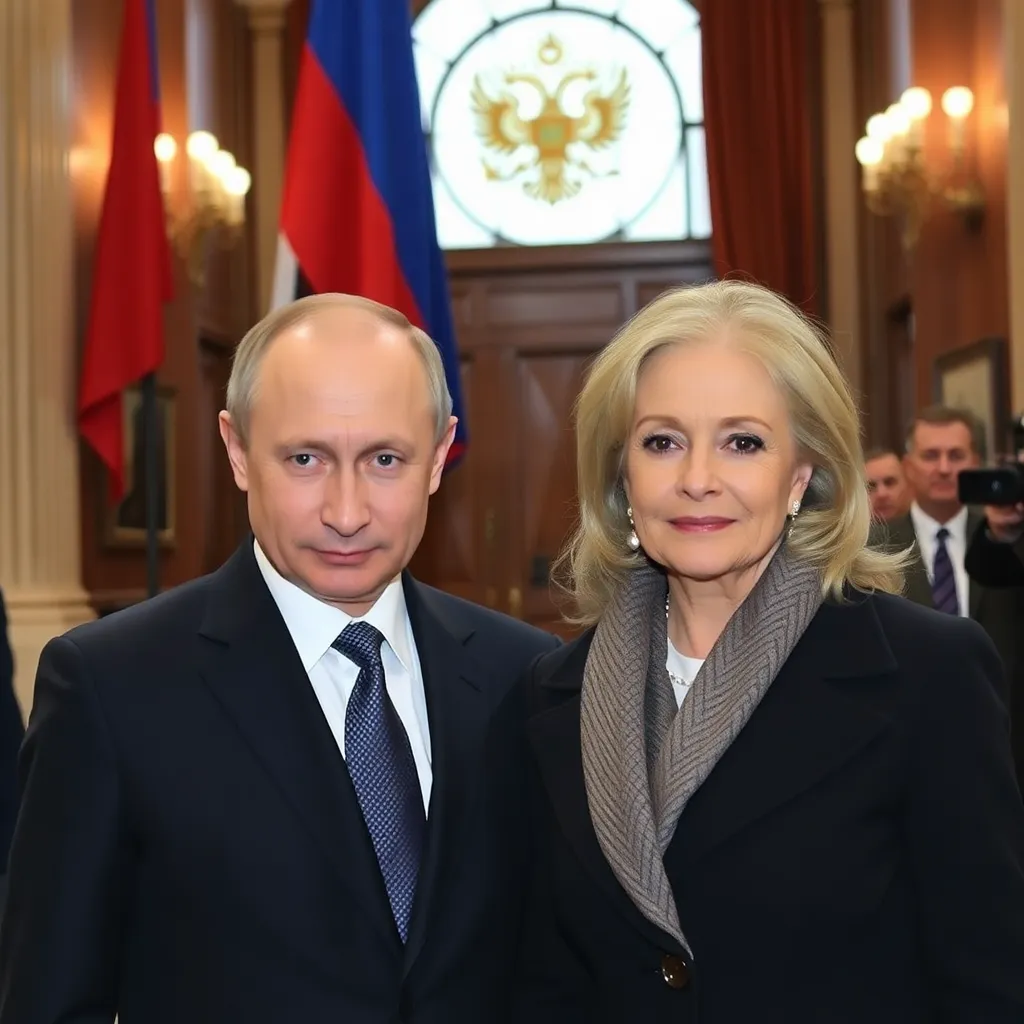
The International Criminal Court’s (ICC) issuance of arrest warrants for Russian President Vladimir Putin and Maria Lvova-Belova, Russia’s commissioner for children’s rights, has ignited a fierce international debate, splitting global powers and highlighting the complex geopolitical landscape surrounding the ICC’s jurisdiction. Israel and the United States, both non-members of the court, have strongly condemned the warrants, arguing they are politically motivated and an overreach of the ICC’s authority. Their statements reflect a broader skepticism towards the court’s actions, particularly concerning its involvement in conflicts where the involved nations haven’t consented to its jurisdiction.
The U.S. State Department issued a statement asserting that the ICC lacks jurisdiction over the situation in Ukraine, citing the principle of state sovereignty. Similarly, Israel, while not directly involved in the Ukraine conflict, echoed concerns about the potential for the ICC’s actions to destabilize international relations and undermine efforts toward peaceful resolution. Both nations emphasized their commitment to holding those responsible for war crimes accountable, but stressed that this should be done through appropriate legal channels, ideally under the auspices of national courts or through international cooperation outside the ICC framework.
Conversely, a number of countries, including several EU member states, have explicitly declared their intention to cooperate with the ICC in enforcing the warrants. These nations emphasize the importance of upholding international law and holding perpetrators of atrocities accountable, regardless of their political stature. The differing responses demonstrate a deep divide in the international community regarding the role and authority of the ICC, particularly when dealing with powerful state actors.
The contrasting reactions highlight a key challenge faced by the ICC: balancing its mandate to ensure accountability for international crimes with the political realities of enforcing its decisions against powerful states that refuse to cooperate. This situation underscores the ongoing debate about the effectiveness and legitimacy of the court in a world characterized by competing national interests and varying interpretations of international law. The arrest warrants, therefore, are not just a legal matter but a significant geopolitical event with far-reaching implications for international justice and the future of the ICC itself. The coming weeks and months will likely witness continued tension and a deepening polarization amongst nations regarding the court’s authority and its role in the international order.






